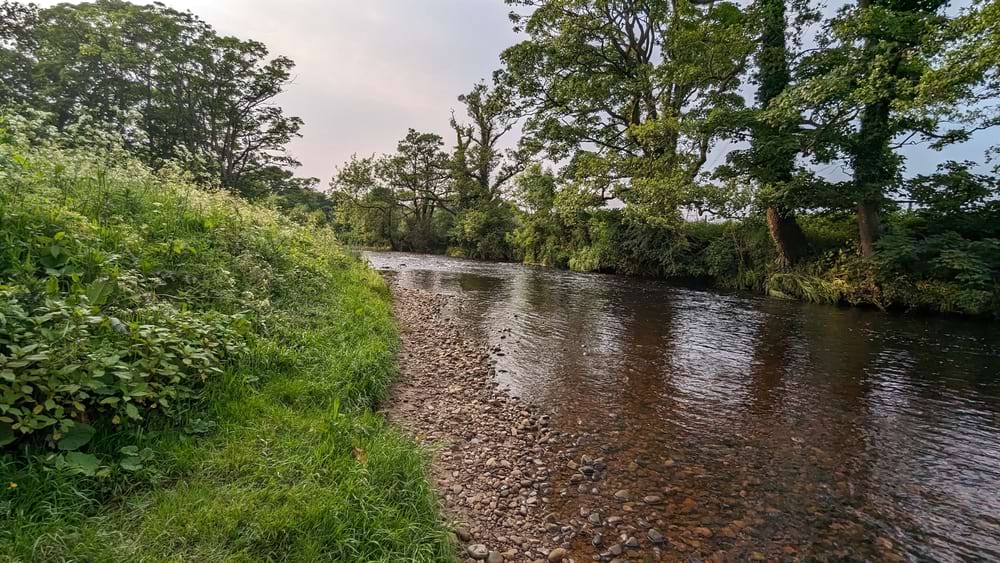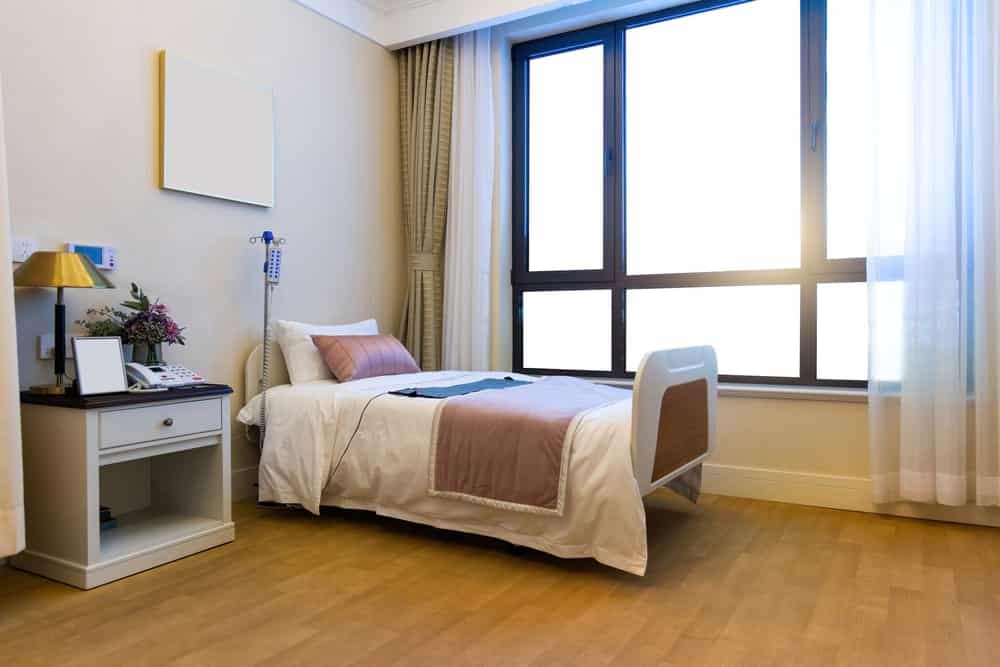Competition is fierce in the UK housing market.
Whether you’ve sold a house before or not, there is a lot to consider.
We’ve outlined our top tips for selling your house in the blog below.
Stages of selling your house: An overview
Most property sales are made of three basic stages:
- Planning: Setting pricing and the timing of when to sell
- Promotion: Marketing and staging a property
- Progression: Negotiation, conveyancing, and completing a sale.
Each stage depends in part on the one that came before it.
For example, no matter how good your marketing and staging is, if your asking price is too high, your chances of making a sale are low.
And the progression stage is famously fraught with potential problems. Conveyancing might uncover new issues, buyers might fail to secure a mortgage, and more!
Below, we’ve organised our tips according to these stages of selling.
Planning
1. Gather opinions before choosing your asking price
Your house’s asking price is one of the most important factors for finding a buyer.
When the asking price is too high, your target potential buyers won’t even see it. After all, most will first look online, where its common to set filters for price ranges.
And if your asking price is too low, they may presume that there are problems with the property.
Some agents exaggerate your house’s value so you sell with them. But if you bring in independent experts, you get an impartial quotation.
Gathering several opinions on the value of your house rather than one enables you to calculate an average. It also removes the possibility of being misled.
2. Choose the right time to sell

Your personal circumstances and local market conditions will help you decide when the best time to sell your house is.
The former category includes considering:
- Life events (new children, marriage, etc.)
- Career and employment changes
- Upcoming holidays
- Personal finances will also affect it.
The latter may depend on national and local factors.
For example, if house prices have recently dropped, it might be best to wait. Or if your street has several similar properties for sale, buyers will be in a good position to negotiate down the selling price.
Promotion
3. Make sure that the right professionals are supporting you
As obvious as it sounds, choosing the right estate agent is essential for a successful sale.
They will likely do most of the marketing for the property. How they market the property before viewings will impact both the amount and quality of interest it gets.
And how they handle viewings can also influence how likely potential viewers are to put offers in for your property.
4. Hire a professional staging company
Staging a house is the preparation of your property for photographs and viewings.
In the UK, most people do this themselves. However, there are now hundreds of experienced home staging companies that can help you significantly increase the chances of a successful sale.
Hiring one of these companies can be a great investment that could help you achieve a faster sale and higher selling price.
3. Focus on the ‘kerb appeal’
As the famous saying goes: ‘You don’t get a second chance at a first impression’.
When people pull up to the front of your property, you need them to be wowed straight away. This is what kerb appeal is.
Refreshing the paint on the front door is an excellent first step. You should also mow the lawn, trim any hedges, fill in driveway cracks, and replace broken windows.
If you have several cars at the front of the property, consider cleaning them or even parking them elsewhere during photographs and viewings.
Progression
5. Offer to pay for house surveys
Interested buyers usually pay for surveys before they putting their initial offer in for a property.
These are (relative to the costs of selling a house more generally) a relatively low expense.
Offering to pay for the survey yourself can help incentivise and maintain buyers’ interest.
(In Scotland, it’s customary practice for sellers to have a recently completed survey to hand.)
6. Get a good conveyancer
Conveyancer ensures the legal legitimacy of a house sale. It involves many searches and coordination with many parties.
Delays in conveyancing can even cause sales to fall through.
So, research the best professionals in your area – check reviews, visit websites and speak to previous customers. This might mean choosing between solicitors or conveyancers.
You may have to pay a higher price to receive a better service. But if this results in a faster sale and less mistakes, it will be a worthwhile investment.
7. Consider all your options

If your sale falls through, and you can’t (or don’t want to) wait several more months to find a new buyer, there are a other ways to sell your house.
Selling privately
Selling houses privately is becoming increasingly popular. Homeowners want to sidestep estate agency commissions.
If you have the time to host viewings, take photographs, and market, this is worth considering.
Cash buying companies
Cash buying companies (or individuals) represent an excellent option as well.
Selling to a cash buyer can be invaluable in certain circumstances, including:
- Your house is in poor condition
- Your lease length is below 80 years
- Tenants are living in-situ
- The house is derelict (i.e., it is unliveable)
From an additional costs point of view, this is also typically the cheapest way to sell your house. However, cash buyers will offer below market value.
Property auctions
Property auctions are also useful when houses have serious issues.
They take longer to sell at than with cash buyers. They still include a middleman (the auction house). And they are not necessarily guaranteed sale.
However, they are considerably faster than putting your home on the open market and simpler than selling privately.
Sell your house fast with We Buy Any Home
We Buy Any Home are chain-free cash property buyers who can purchase your property up-front and quickly, without hassle or stress.
We can directly buy your house in as little as 7 days.
Fill in our enquiry form below if you want a cash offer for your house.



















